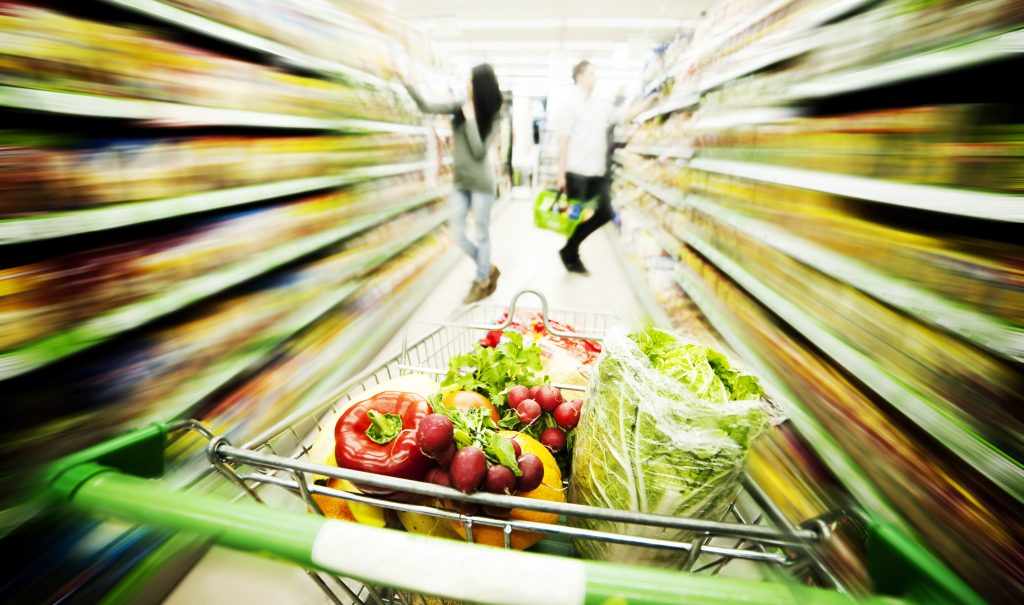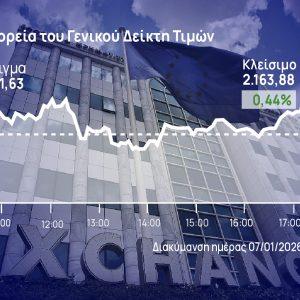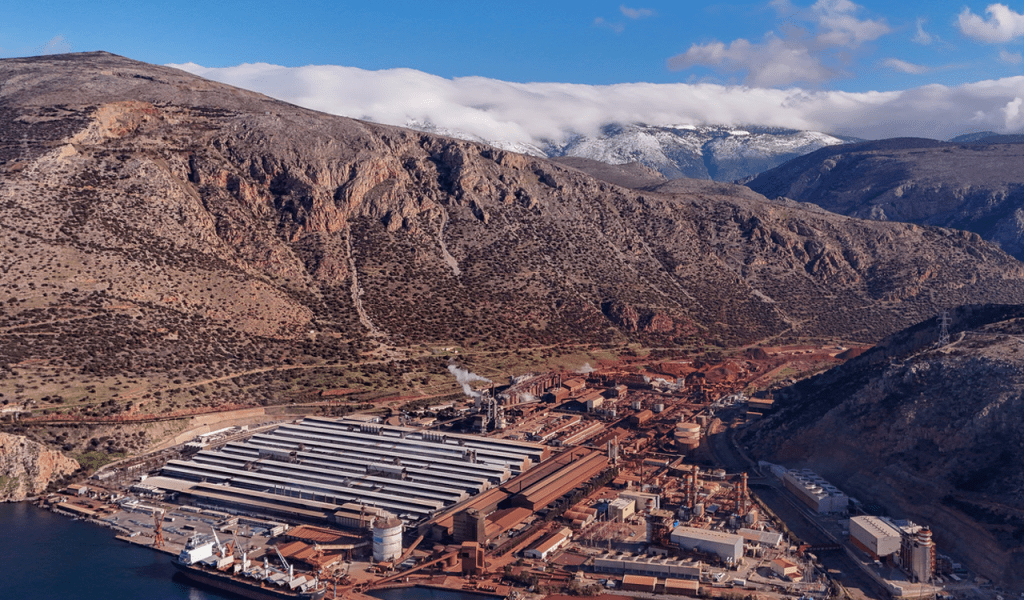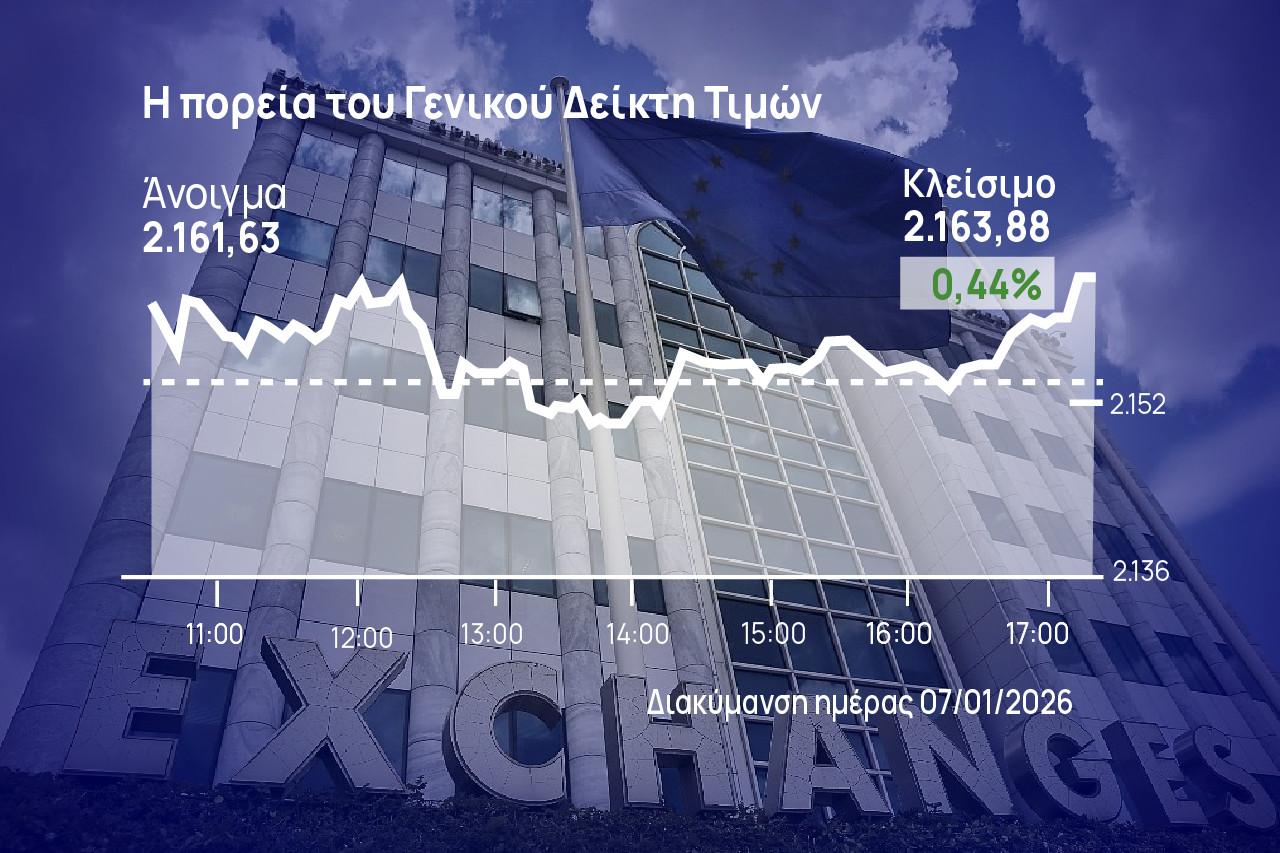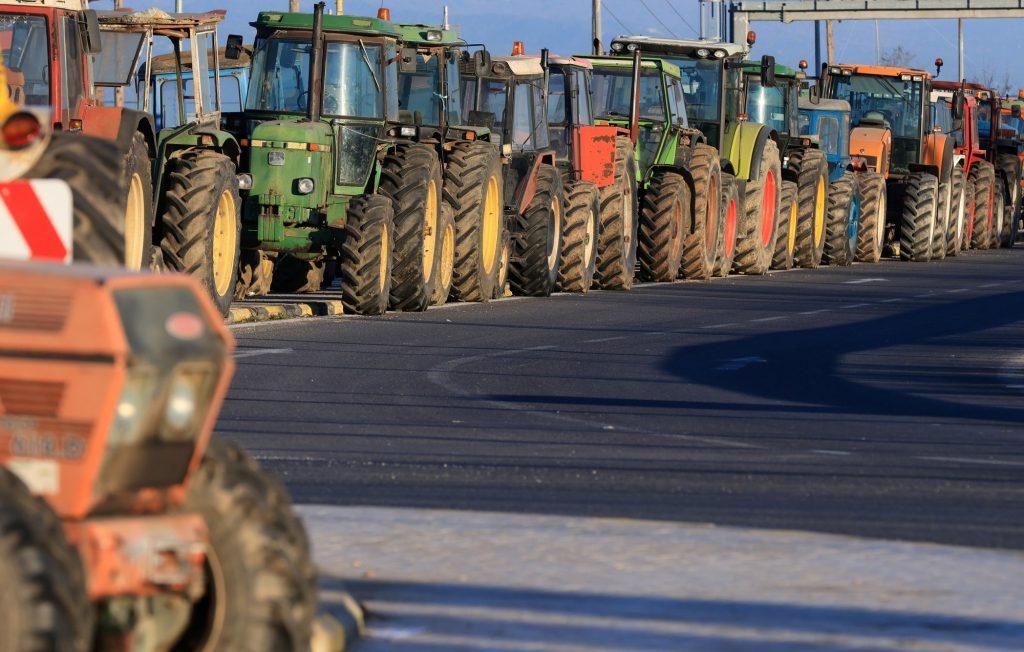The huge increases in the prices of raw materials, transport costs and packaging materials in combination with the spike in the retail prices of energy goods (gas, oil and electricity) lead to a new, sharper, wave of price increases in basic foodstuffs when the At the same time, consumers’ pockets are starting to burn from electricity and fuel bills.
The fluctuation of the General Producer Price Index in Industry, which is at the highest point of the last 7 years, clearly shows the upcoming tsunami of price hikes, something that households will see more strongly this week in their supermarket receipts. This is because the increased prices from suppliers have gradually started to pass into the final consumer prices. These are average increases of 1-2.5% when at the same time low value products have risen in price by 15-20%.
Second, bigger, wave of price hikes
Prices for items such as bread, olive oil, seed oils, pasta, pastries, flours, snacks, soft drinks, frozen vegetables, butter and margarines, cheeses, meats, poultry, vegetables , fruit, sugar and coffee, since the summer have, more or less, risen.
For their part, executives of the organized retail and food industry claim that they have absorbed much of the price increases so far and the price increases will not be horizontal.
However, despite the fact that no one wants to become more expensive by losing customers, the second, bigger, wave of accuracy is a fact. Something that can be seen from the course of inflation.
According to Eurostat data for September, inflation in Greece was 2.1% while in the Eurozone at 3.4%, which means that although the country is low within the member states, it has high inflation.
Increases everywhere
In many bakeries bread is sold at 1.20 – 1.30 euros per kilo, while in the case of pasta already on the shelf they are sold up to 0.20 euros more, with their price having reached 0.96 euros per package of 500 grams, up from 0.75 euros.
Flour has reached 1.2 euros per kilo when at the same time last year it was sold at 1.05 per kilo. Olive oil is sold at 6.59 euros per liter from 5.49 euros last year, while 1 kg of margarine is sold at 4.4 euros from 4 euros a year ago.
Pricier meats and dairy products due to animal fodder
Significant increases are expected in feta cheese and yogurt, as producer prices have risen by about 20%. It is characteristic that the contracts for sheep milk were at 81 cents per kilo in 2019. In 2020 the price rose to 96 cents per kilo and now the dairies are making offers of over 1.20 euros.
The increases in imported beef are at 10-12%, while in coffee at 3-5%.
At the same time, according to the staff of a leading chicken production cooperative, the 50% increase in the prices of corn (September 2020 – September 2021), as well as the more expensive energy goods have created great pressures on the cost of products. The cooperative has already sent goods to retail at prices increased by 6-7%. The new prices will be passed on to consumers in the coming days. In fact, the increases would be doubled if 50% were not borne by the producers themselves.
Storage currently “salvages” legumes
The raw materials in the legume and rice sector also show very large increases. According to the management of the company that holds the leading position in the legume market, consumer prices have not yet increased, although raw materials show an average increase of 70%, while in lentils, which is the category of legumes with the highest consumption on the Greek market, the cost of raw materials has increased by 80%. The reason is the great storage that has been done.
When will it all balance out?
No one can estimate the total amount of the burden on the housewife’s basket at this time, say most market participants, now avoiding making any predictions about when the equilibrium will occur.
Those most optimistic expect the desired normalization in the spring of 2022, while most believe that the correction will begin to be perceived at the beginning of next summer. The question is, of course, whether prices, even if they fall, will remain higher.
Producers believe that a solution to the issue of high prices would be to reduce VAT on basic necessities from 13% to 6%, but also the reduction of Excise Duties.
